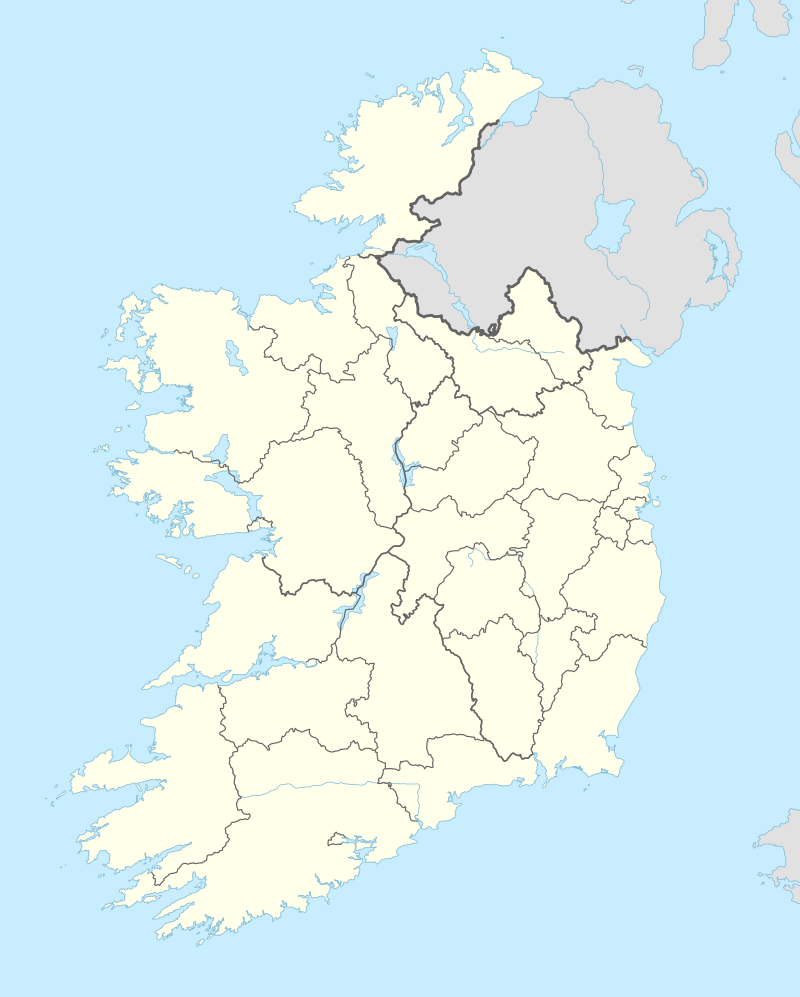Cree, County Clare
| Cree An Chríoch | |
|---|---|
| Village | |
 Cree Location in Ireland | |
| Coordinates: 52°44′45.36″N 9°25′51.76″W / 52.7459333°N 9.4310444°WCoordinates: 52°44′45.36″N 9°25′51.76″W / 52.7459333°N 9.4310444°W | |
| Country | Ireland |
| Province | Munster |
| County | County Clare |
| Population (2006) | |
| • Urban | 457 |
| Time zone | WET (UTC+0) |
| • Summer (DST) | IST (WEST) (UTC-1) |
Cree or Creegh (Irish: An Chríoch, meaning "The End") is a small village in West County Clare in Ireland. It is situated at a crossroads near the towns of Doonbeg and Cooraclare. The nearest large towns are Kilrush and Ennis which are 7 miles and 26 miles away respectively. The Central Statistics Office 2006 census puts the population of Cree and its townlands at 457. In recent years there have been the development of new houses near the Creegh River. In Dromheilly Cree there is a holy shrine located which every year in August has a week of masses that people from West Clare attend. Cree also has an involvement in The Rose Of Clare Festival every year as the festival parade takes place in the village.
Other nearby villages and small towns are Cooraclare, Doonbeg, Mullagh, Quilty, Kilmihil, Kilkee and Milltown Malbay.
In Cree the central point is the large Catholic Church. Cree is in the Cree/Cooraclare parish and in the diocese of Killaloe. There are also two pubs (Flynn's and Walsh's), a fast food restaurant, two primary schools Cree and Clohanbeg, community centre, one garage, one shop and a post office. Clean Ireland's bin services headquarters are located in Cree. There is also a guesthouse/bed & breakfast located in Cree.
History
In the 15th and 16th centuries the land in Clare was divided into baronies. Cree comes from the Irish word Críoch meaning the end, which was because the village was situated at the border of one of these baronies.
Geography
Most of the people living around Cree are involved in agriculture and the majority of the land is used for dairy farming. The Creegh River flows through the village and enters the Atlantic Ocean at Doughmore Bay near Doonbeg.
People
- Patrick Kelly - fiddle player
- Patrick Kelly - politician
